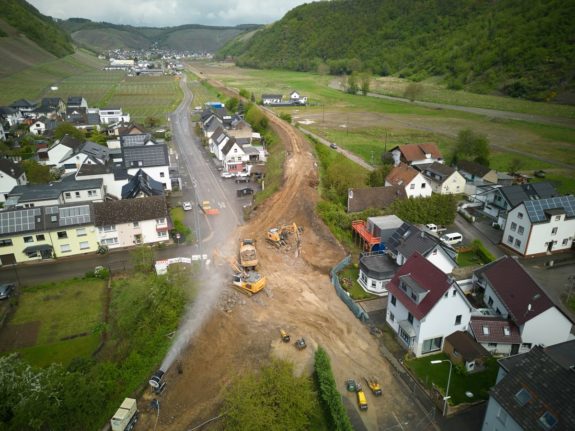The accused, identified only as Ilnur N., has been charged with suspected secret service activity, federal prosecutors said in a statement.
Ilnur N. was working at a Bavarian university when he was contacted by Russian foreign intelligence service SVR in the autumn of 2019, they allege.
He “passed on information on research projects in the field of aerospace technology, in particular the various development stages of the European launcher Ariane”, they said.
The European Space Agency’s Ariane programme consists of a series of transportation rockets designed to ferry heavy loads including satellites into space.
According to prosecutors, Ilnur N. held “regular meetings” from late November 2019 onwards with the senior officer of Russia’s foreign intelligence service stationed in Germany.
He allegedly received 2,500 euros ($2,800) in cash in exchange for the information he shared, which also included details about his scientific research at the unnamed Bavarian university.
Ilnur N. was arrested last June on suspicion of spying for Moscow.
Prosecutors said he worked as a research assistant at the university’s natural sciences and technology department.
The case comes at a time of heightened tensions between Germany and Russia, as the West fears Moscow is planning to invade Ukraine.
READ ALSO: OPINION: Germany is in a muddle over Russia – and it only has itself to blame
Germany has seen a string of suspected cases of Russian espionage on its soil recently.
In October 2021, a German man was handed a two-year suspended sentence for passing on floor plans of parliament buildings to Russian secret services while employed by a security company.
In August, a former employee of the British embassy in Berlin was arrested on suspicion of having passed on documents to Russian intelligence.
Germany has also repeatedly accused Russia of cyber espionage.



 Please whitelist us to continue reading.
Please whitelist us to continue reading.
Member comments